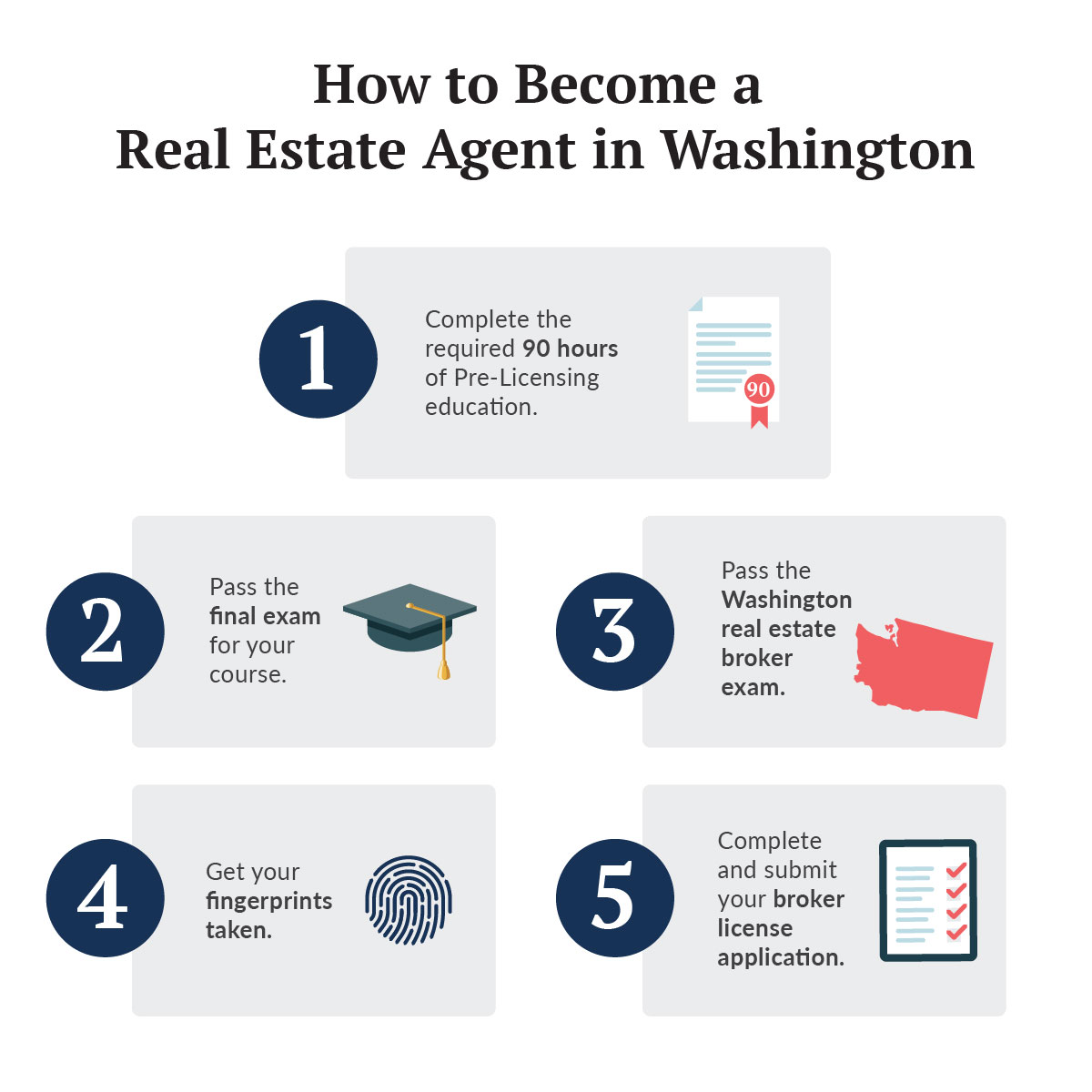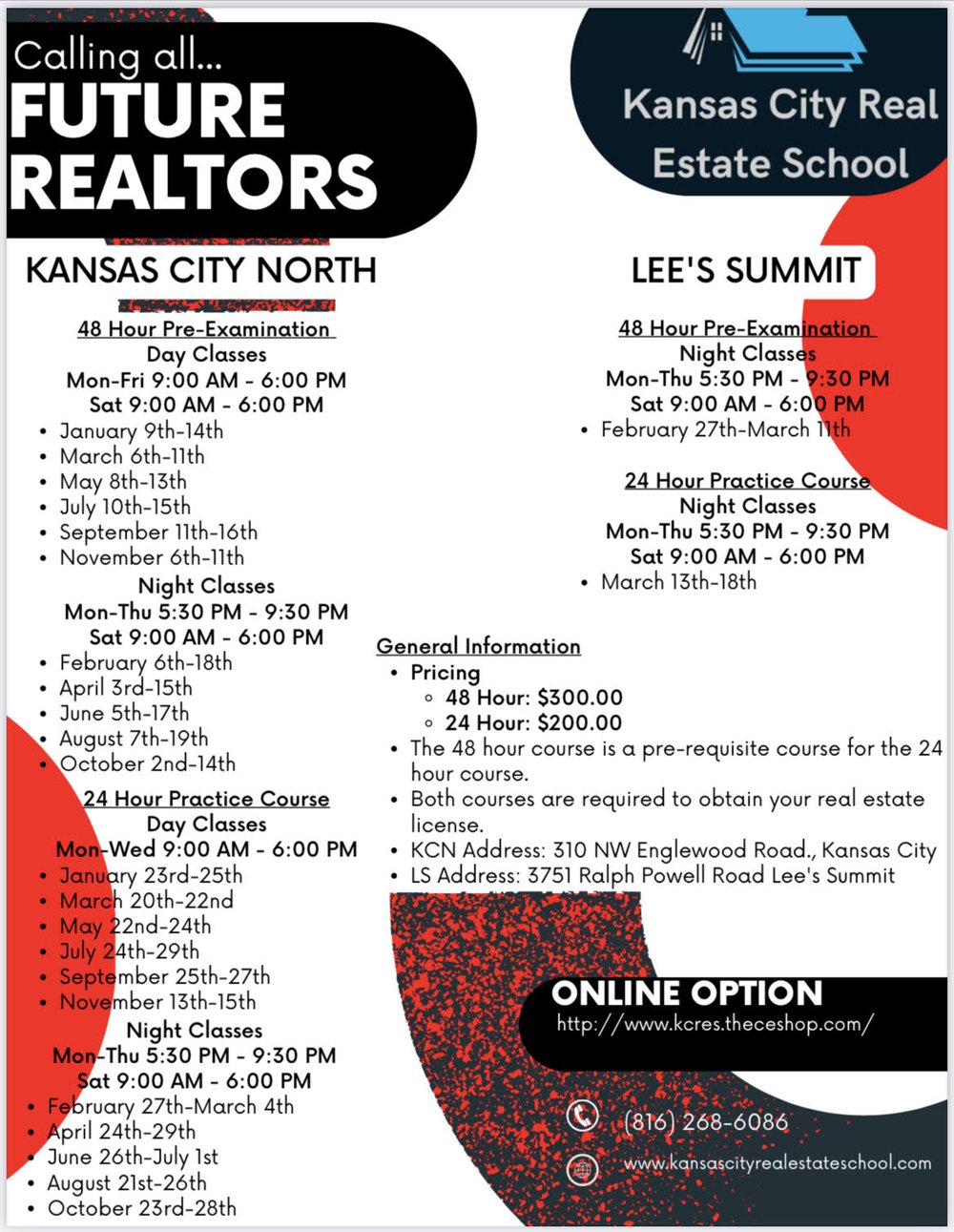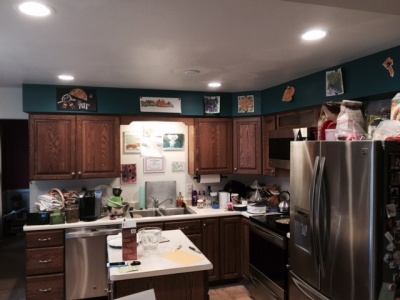
You can obtain a Minnesota real estate license if you meet certain requirements. Minnesota Commerce Department is committed to ensuring that real estate agents can work in the state. The requirements include being at least eighteen years old and U.S. citizens or lawfully admitted aliens. While citizenship is not an issue for most users it can lead to denial of a license if there are any criminal records, unpaid judgements or disciplinary actions against professional licenses. You should also be aware that you can't get a license for unlicensed real property activity.
Pre-license education
Pre-license education is a crucial part of becoming licensed in Minnesota as a real estate agent. It can increase your chances to pass the exam and prevent you from having to retake it. Minnesota's licensing process for real estate agents takes about four months. You must complete the pre-license education course, pass the exam, and be sponsored by a licensed broker to license you.
A great way to start your education for your real estate license in Minnesota is by taking a pre-license course online. There are three courses of 30 hours that can help you earn your license. These courses cover topics including real estate valuations, contracts, finance, and other important topics. Online courses can be taken through ContinuingEd Express. They offer live streaming as well as online courses.

Requirements for continuing education
Real estate salespersons in Minnesota must complete at least fifteen hours of continuing education each year. Over a two-year period, that's 30 hours. There are many ways to complete the required real estate CE, including online classes, on-demand webinars, and live courses. Kaplan offers both on-demand and live courses to satisfy the state's continuing education requirements. Kaplan's courses online are approved for 3.75 Hours of real estate CE.
Minnesota Real Estate Commission adopts a new system for real-estate CE credit. This means real estate licensees have to complete at most eight hours of continuing training in a single day. But no more than 15 hours per 24-hour period. Minnesota's continuing learning requirements require that salespersons and brokers complete a CE module before they can become licensed. These courses provide 3.75 hours CE credit and must be completed prior to June 30, 2022. Those who wish to take a course without a live instructor can complete it online through an MNR Academy site. Most courses are self-paced, while some are live-streamed. Exam prep courses cover the state and national parts of the Minnesota licensing exams.
Exam
Minnesota real estate licenses must be obtained in order to be allowed to practice. This process helps protect the public by ensuring that the individual possesses a certain level of competence. The state regulatory agency sets a standard for safe practice, and the examination is designed to verify whether an individual complies with that standard. Pearson VUE administers Minnesota’s real-estate licensing examination.
A real estate license in Minnesota requires applicants to have completed a prelicense education course as well as a state exam. The state requires applicants to be at least 18 years old and legal permanent residents of the United States. Minnesota has reciprocity deals with many other states, such as Wisconsin. You don't need to take a Minnesota prelicensing class if you are licensed in a reciprocal country. Apply through the PULSE Portal, and you will receive a letter certifying that your license is current. Then, you can take the state portion of exam. In Wisconsin, however, you must take a 13-hour Wisconsin-to-Minneseta prelicensing course.

Cost
To become a Minnesota real estate agent, the first step is to get a license. You can complete the entire process online with the exception that you must take the exam in person. This article will give you the details of the process, including the cost and time it will take. We will also discuss the exam content and provide you with some resources for more information.
The state of Minnesota requires that all real estate agents complete at least 90 hours of pre-licensing education. These can either be taken online, or in classrooms. The cheapest option is the online on-demand course. A typical package will include three courses. These typically cost between $200 and $300.
FAQ
What amount should I save to buy a house?
It all depends on how long your plan to stay there. Start saving now if your goal is to remain there for at least five more years. However, if you're planning on moving within two years, you don’t need to worry.
What are the most important aspects of buying a house?
The three most important things when buying any kind of home are size, price, or location. Location refers the area you desire to live. Price refers the amount that you are willing and able to pay for the property. Size is the amount of space you require.
Can I buy a house without having a down payment?
Yes! Yes! There are many programs that make it possible for people with low incomes to buy a house. These programs include government-backed loans (FHA), VA loans, USDA loans, and conventional mortgages. For more information, visit our website.
What are the benefits of a fixed-rate mortgage?
A fixed-rate mortgage locks in your interest rate for the term of the loan. This means that you won't have to worry about rising rates. Fixed-rate loans have lower monthly payments, because they are locked in for a specific term.
What are the chances of me getting a second mortgage.
Yes. But it's wise to talk to a professional before making a decision about whether or not you want one. A second mortgage is usually used to consolidate existing debts and to finance home improvements.
Should I rent or own a condo?
If you plan to stay in your condo for only a short period of time, renting might be a good option. Renting can help you avoid monthly maintenance fees. However, purchasing a condo grants you ownership rights to the unit. You have the freedom to use the space however you like.
How many times may I refinance my home mortgage?
This will depend on whether you are refinancing through another lender or a mortgage broker. You can typically refinance once every five year in either case.
Statistics
- The FHA sets its desirable debt-to-income ratio at 43%. (fortunebuilders.com)
- It's possible to get approved for an FHA loan with a credit score as low as 580 and a down payment of 3.5% or a credit score as low as 500 and a 10% down payment.5 Specialty mortgage loans are loans that don't fit into the conventional or FHA loan categories. (investopedia.com)
- This means that all of your housing-related expenses each month do not exceed 43% of your monthly income. (fortunebuilders.com)
- When it came to buying a home in 2015, experts predicted that mortgage rates would surpass five percent, yet interest rates remained below four percent. (fortunebuilders.com)
- This seems to be a more popular trend as the U.S. Census Bureau reports the homeownership rate was around 65% last year. (fortunebuilders.com)
External Links
How To
How to buy a mobile house
Mobile homes are houses that are built on wheels and tow behind one or more vehicles. Mobile homes are popular since World War II. They were originally used by soldiers who lost their homes during wartime. People who live far from the city can also use mobile homes. These houses are available in many sizes. Some are small, while others are large enough to hold several families. You can even find some that are just for pets!
There are two types main mobile homes. The first type of mobile home is manufactured in factories. Workers then assemble it piece by piece. This process takes place before delivery to the customer. The other option is to construct your own mobile home. It is up to you to decide the size and whether or not it will have electricity, plumbing, or a stove. You'll also need to make sure that you have enough materials to construct your house. The permits will be required to build your new house.
There are three things to keep in mind if you're looking to buy a mobile home. A larger model with more floor space is better for those who don't have garage access. If you are looking to move into your home quickly, you may want to choose a model that has a greater living area. You'll also want to inspect the trailer. Problems later could arise if any part of your frame is damaged.
Before you decide to buy a mobile-home, it is important that you know what your budget is. It is crucial to compare prices between various models and manufacturers. Also, take a look at the condition and age of the trailers. Many dealers offer financing options. However, interest rates vary greatly depending upon the lender.
An alternative to buying a mobile residence is renting one. Renting allows you the opportunity to test drive a model before making a purchase. However, renting isn't cheap. Most renters pay around $300 per month.